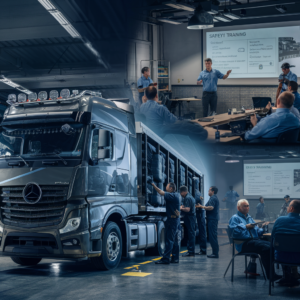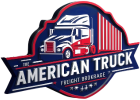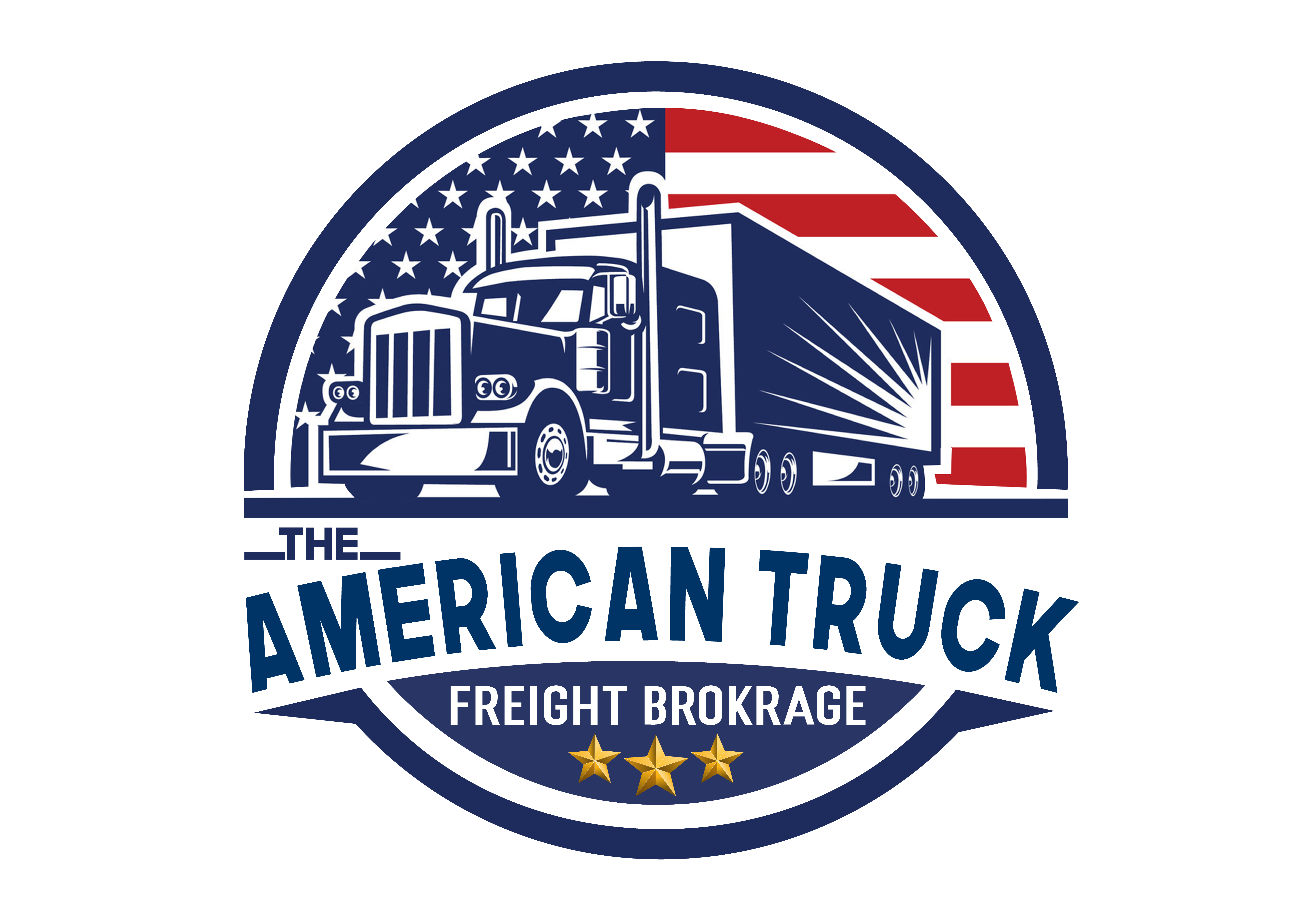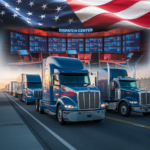
Impact on American Trucking Industry
Navigating Supply Chain Disruptions
In today’s interconnected global economy, supply chain disruptions can send shockwaves through entire industries, and the American trucking industry is no exception. These disruptions, from transportation routes to financial pressures, pose significant challenges that
require strategic solutions. This comprehensive guide will explore the implications of supply chain disruptions on the American trucking industry and discuss strategies for navigating these challenges effectively.
Impact of Supply Chain Disruptions on Transportation Routes
Supply chain disruptions can disrupt transportation routes, leading to delays and inefficiencies in the movement of goods. For the American trucking industry, this means adapting to changing routes and traffic patterns, which can increase fuel costs and impact delivery times. Additionally, disruptions such as road closures or natural disasters can further exacerbate these challenges, highlighting the importance of flexibility and contingency planning.
Challenges Faced by Trucking Companies During Disruptions
Trucking companies face many challenges during supply chain disruptions, including increased demand, capacity constraints, and rising operating costs. As consumer expectations for fast and reliable delivery continue to grow, trucking companies must find innovative ways
to meet these demands while navigating disruptions effectively. From driver shortages to equipment maintenance, these challenges require strategic solutions to ensure the smooth operation of the supply chain.
Increased Demand and Capacity Constraints
During supply chain disruptions, increased demand for trucking services often increases as companies seek alternative transportation options. This surge in demand can lead to capacity constraints, making it difficult for trucking companies to meet the needs of their customers. To address this challenge, trucking companies may need to invest in additional equipment or
expand their fleet to accommodate increased demand during disruptions.

Rising Operating Costs and Financial Pressures
Supply chain disruptions can also lead to rising operating costs for trucking companies, including fuel prices, maintenance expenses, and labor costs. These increased costs can pressure trucking companies, tiny businesses, and independent operators financially. To mitigate these challenges, trucking companies must carefully manage their expenses and explore cost-saving measures, such as optimizing routes and fuel efficiency.
Importance of Effective Communication and Information Management
Effective communication and information management are crucial during supply chain disruptions, allowing trucking companies to coordinate with shippers, carriers, and other stakeholders to minimize disruptions and delays. Central dispatch systems are vital in
streamlining communication and managing logistics efficiently, ensuring that goods are delivered on time and in optimal condition. Trucking companies can improve visibility and transparency throughout the supply chain by leveraging technology and real-time tracking
systems.
Strategies for Managing Supply Chain Disruptions
To effectively manage supply chain disruptions, trucking companies must adopt proactive strategies focusing on resilience and agility. This includes developing contingency plans, diversifying transportation routes, and building strong partnerships with carriers and suppliers. By investing in technology and data analytics, trucking companies can better predict and mitigate potential disruptions, minimizing the impact on operations and customer satisfaction.
Top Issues and Challenges in the Trucking Industry
In addition to supply chain disruptions, the trucking industry faces various other challenges, including regulatory compliance, safety standards, and environmental considerations. Trucking companies must stay abreast of changing regulations and industry trends to ensure
compliance and mitigate risks. Addressing these challenges requires collaboration and innovation across the industry, from driver safety to emissions reduction initiatives.
Economic Implications of Supply Chain Disruptions
Supply chain disruptions can have far-reaching economic implications, affecting not only trucking companies but also consumers, businesses, and the broader economy. Delays in product delivery can lead to lost revenue for companies and increased costs for consumers.
Furthermore, disruptions in the supply chain can disrupt production schedules and inventory management, impacting overall economic growth and stability.
Environmental Considerations and Sustainability
In an increasingly environmentally conscious world, sustainability has become a top priority for the trucking industry. Supply chain disruptions can disrupt efforts to reduce emissions and minimize environmental impact, highlighting the need for sustainable transportation
solutions. From alternative fuel vehicles to route optimization algorithms, trucking companies are exploring innovative ways to reduce their carbon footprint and operate more sustainably.
Regulatory Compliance and Safety Standards
Regulatory compliance and safety standards are paramount in the trucking industry, ensuring the safety of drivers, passengers, and cargo. Supply chain disruptions can pose additional challenges in meeting these standards, as companies may need to adjust operations to accommodate changing regulations and safety protocols. Trucking companies can maintain a strong safety record and protect their reputation by prioritizing safety training and investing in compliance technology.

For further details, visit The American Truck Inc.
To schedule appointments, contact us for a complimentary consultancy session.




